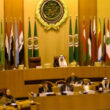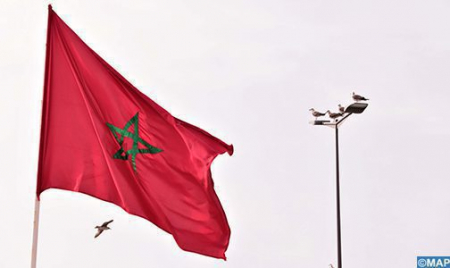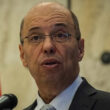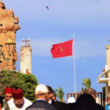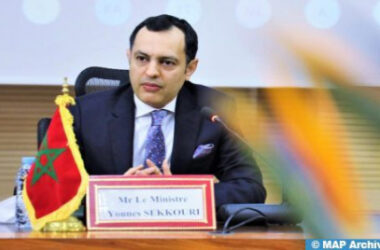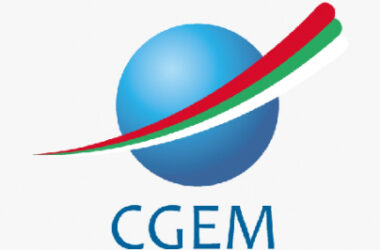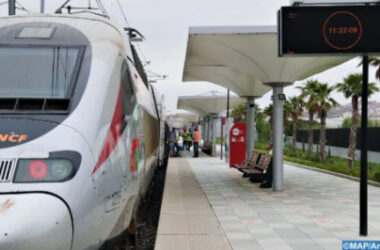Diaz Cassou, who presented the WB’s economic monitoring report on Morocco, 2022-2023 Winter edition, under the title “Morocco facing shocks”, said that the Kingdom has “raised the interest rate twice since September 2022, by a total of 100 basis points.”
Morocco’s optimal monetary policy response will depend on the persistence of price pressures and the inflation forecasts’ evolution, he said, noting that “in such a complex context, the authorities may consider complementing anti-inflationary measures by introducing structural policies aimed at easing supply constraints.
“Such measures could include initiatives or actions to address existing bottlenecks in food markets, where the wide gap between producer and retail prices is not always justified by the value added created in the supply chain,” he stressed.
The report, released on February 14, 2023, said Morocco’s economic growth is expected to accelerate to 3.1 percent in 2023, thanks to a rebound in the primary sector, noting that real GDP growth has fallen from 7.9 percent in 2021 to an estimated 1.2 percent in 2022, while the current account deficit has increased from 2.3 percent to 4.1 percent of GDP.




